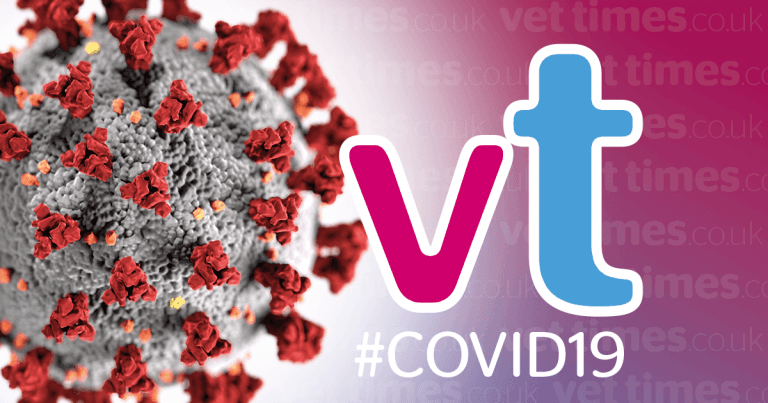30 Mar 2020
Scientists will measure the level of antibodies produced after vaccination of pigs and assess whether the antibodies can block severe acute respiratory syndrome coronavirus 2 from infecting cells.

Scientists at The Pirbright Institute are to begin testing new vaccines on pigs to protect against severe acute respiratory syndrome coronavirus 2 (SARS-CoV-2) – the cause of the COVID-19 pandemic.
Working in collaboration with researchers at the University of Oxford and Public Health England, a team of scientists at Pirbright will begin testing new vaccines for their ability to induce protective antibodies against SARS-CoV-2.
The vaccines will include the chimpanzee adenovirus vaccine vector, which is soon to enter human phase one clinical trials and has been used to create vaccines for diseases such as Ebola, Middle Eastern respiratory syndrome and flu.
The vaccine candidates developed at Oxford will contain the spike protein from SARS-CoV-2, the protein against which protective antibodies are generated in infected patients.
Pirbright scientists will measure the level of antibodies produced after vaccination of pigs and assess whether the antibodies can block SARS-CoV-2 from infecting cells, thereby preventing infection.
Importantly, the pig immune system shares significant similarities to that of humans, so a good response to a vaccine in pigs will help to predict the success of vaccines for human use.
Researchers will also test the safety of the new vaccines and monitor whether any adverse effects are observed in the pigs.
This work will inform the development of vaccines that are both effective and safe for humans. If successful, the next step would be to begin human trials, although a useable vaccine would still be many months away.